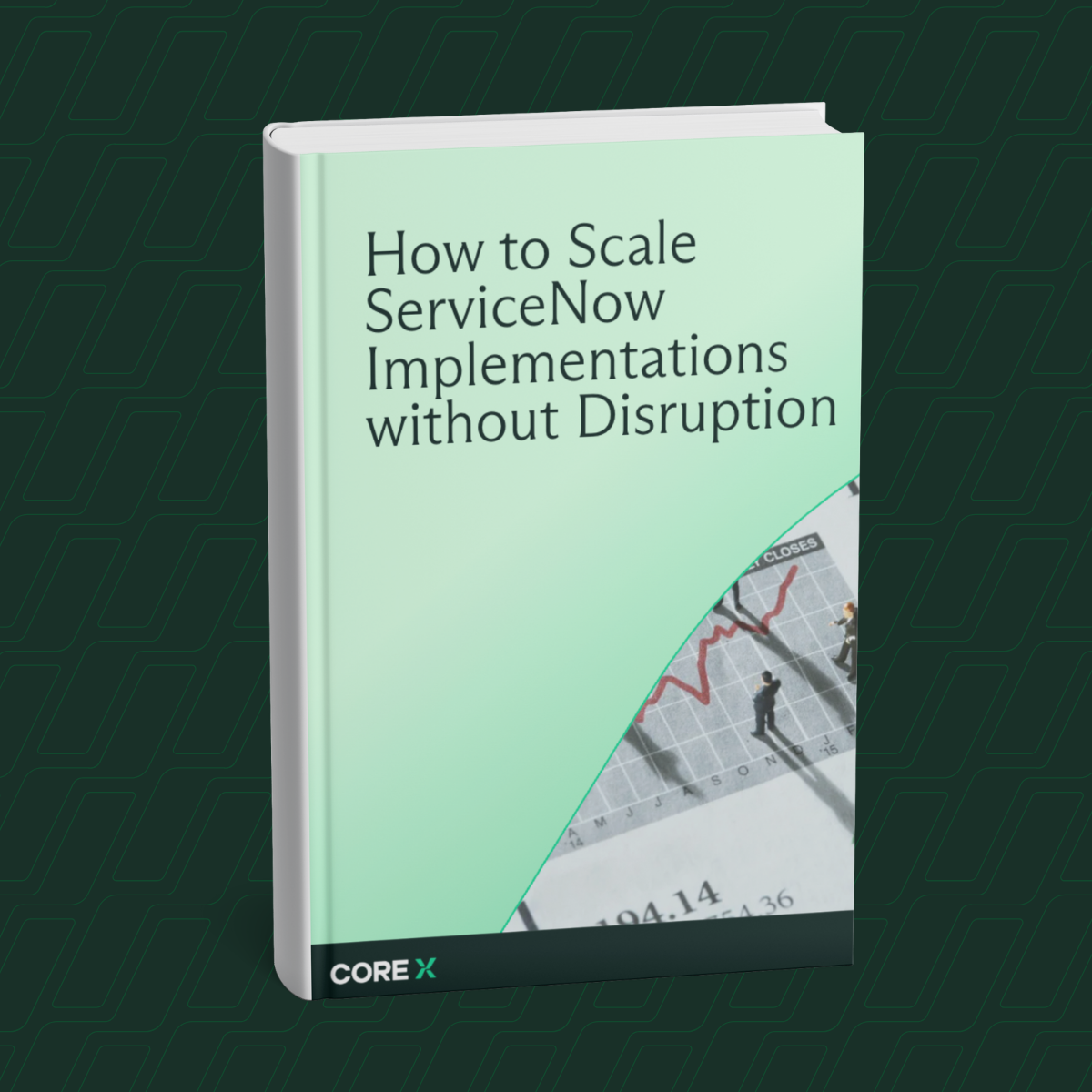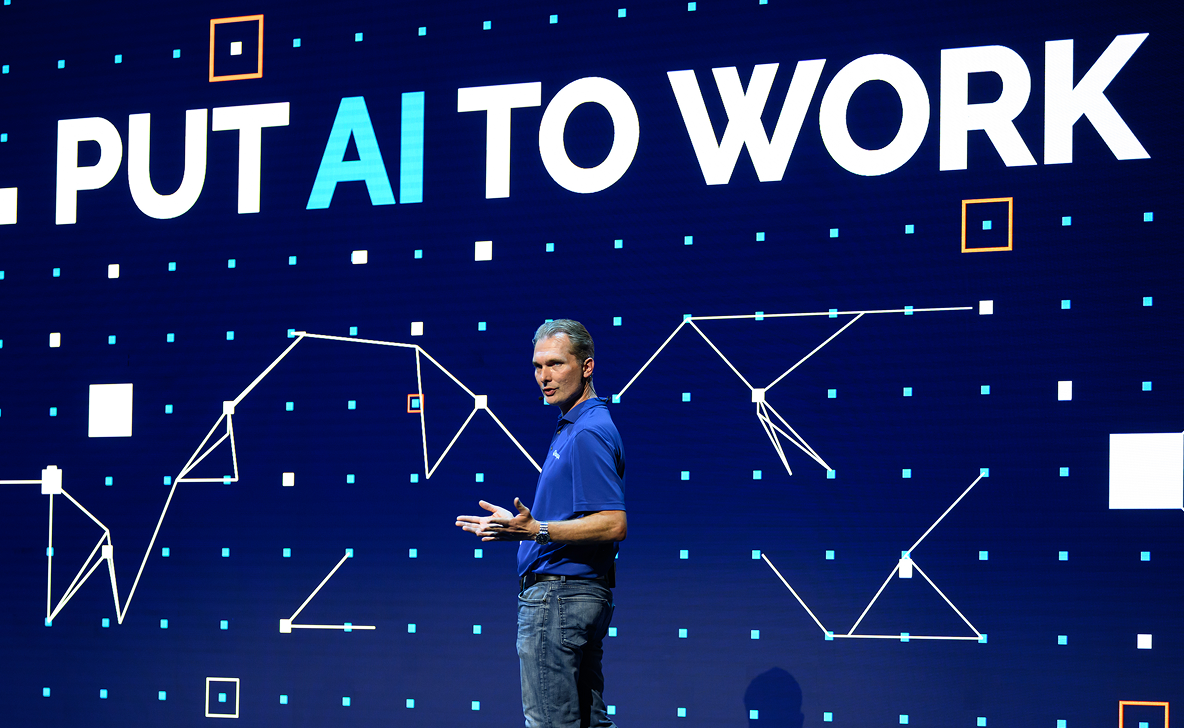

Nearly a month has passed since DPW New York 2025 wrapped, and I'm still processing what we experienced there. The most impactful events don't just deliver information, but actually reshape how you think about what's next.
At nearly every vendor booth I visited, AI took center stage. Only two of the dozens I saw didn't prominently feature “AI” in their messaging. This could have felt like marketing saturation, but something was different this year. The use cases were real, the results measurable, and the conversations pragmatic.
The era of experimentation is shifting toward real implementation, and procurement stands among the industries best positioned to benefit.
From Task-Based to Cross-Functional Agents
Previous AI waves focused on single tasks within isolated workflows. Invoice matching, automated approvals, and basic process optimization. These tools delivered value, but their impact remained narrow.
Today's AI agents operate across departments and data sets. Procurement provides an ideal environment for this evolution. Teams using ServiceNow and similar platform-based systems now deploy agents that connect sourcing with vendor risk, contract compliance, and ESG tracking in real-time.
This represents a significant leap from the narrow AI applications we saw even just two years ago.
A Shift from Suites to Orchestration
One of the most interesting discussions at DPW 2025 centered on the growing skepticism toward monolithic source-to-pay suites. Speakers questioned their adaptability in an environment where procurement must be faster, more modular, and more connected.
At CoreX, we see this shift taking hold with our clients. Organizations are moving away from “big box” CLM and procurement tools, and toward agentic, composable architectures, many powered by the Now Platform. This allows teams to add capabilities where needed, iterate quickly, and align solutions with actual workflows.
The strategy involves intelligently augmenting existing systems rather than wholesale replacement.
The Human Factor Remains Critical
Despite AI's prominence at the conference, speakers consistently emphasized the importance of trust and human oversight. As we've said several times around the office, AI without strategy becomes mere automation.
Building trust in AI requires human oversight for ethical use and compliance, organizational alignment so AI serves specific business goals, and upskilled talent capable of critical thinking, interpreting AI output, and acting creatively.
The most essential skills in digital procurement now center on human capabilities: orchestration, problem-solving, and collaboration. Tools can guide decisions, but people must make them.
It's Time to Reset
DPW 2025 represented an inflection point for the industry. AI is pushing companies to re-evaluate their processes, teams, and operating models alongside their technology stacks. After years of incremental improvements, this moment demands bigger thinking. Organizations need to release legacy assumptions and build something new.
At CoreX, we help clients navigate this transformation. As a global ServiceNow consultancy, we combine deep platform expertise with business-focused thinking to unlock value across the procurement lifecycle.
Transformation comes not from technology alone, but from how organizations choose to implement it.



